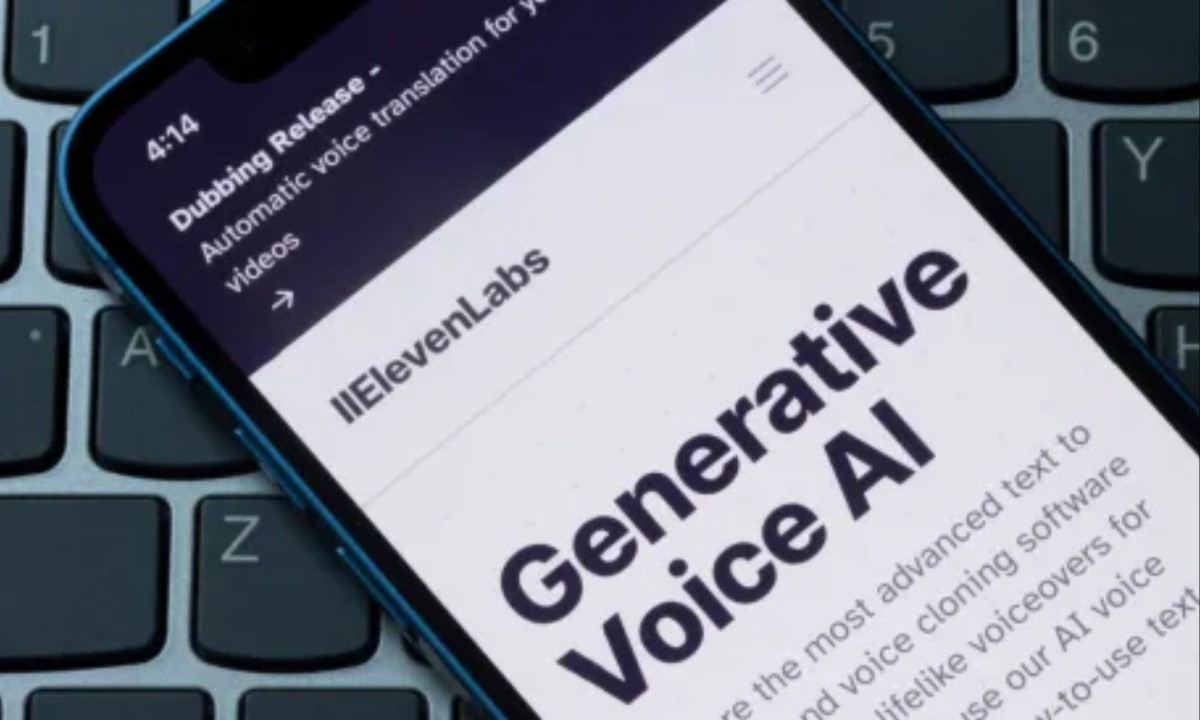Advances in artificial intelligence have made it remarkably easy to clone human voices. Since around 2018, technology has enabled the replication of voices with increasing precision and speed. Recent developments have further enhanced these capabilities, allowing for highly accurate voice clones from even brief recordings.
One notable example comes from OpenAI, the organization behind ChatGPT. This year, OpenAI demonstrated a project that can replicate a voice using only a 15-second audio clip. Although this tool is not publicly available and is designed with security measures to prevent misuse, its existence highlights the growing sophistication of voice cloning technology.

Advances in AI Make Voice Cloning Easy, Raising Scam Risks and Need for Protective Measures
In contrast, Eleven Labs provides a more accessible option for voice cloning. For a fee of just $6, users can clone a voice from a one-minute audio sample. While the results are not perfect, they are sufficient to deceive many people, showcasing the potential for misuse in everyday applications.
The risks of voice cloning are particularly evident in scams such as the grandparent scam. Scammers exploit this technology by impersonating family members in distressing situations, such as claiming to be in an accident or in legal trouble. This tactic often involves urging the victim to keep the conversation secret to avoid detection.
To guard against such scams, it’s crucial to establish preventive measures. One effective strategy is to set up a family code word to use in emergencies. If a call purporting to be from a family member requests money or urgent assistance, confirming the code word can help distinguish between genuine requests and fraudulent attempts.









































